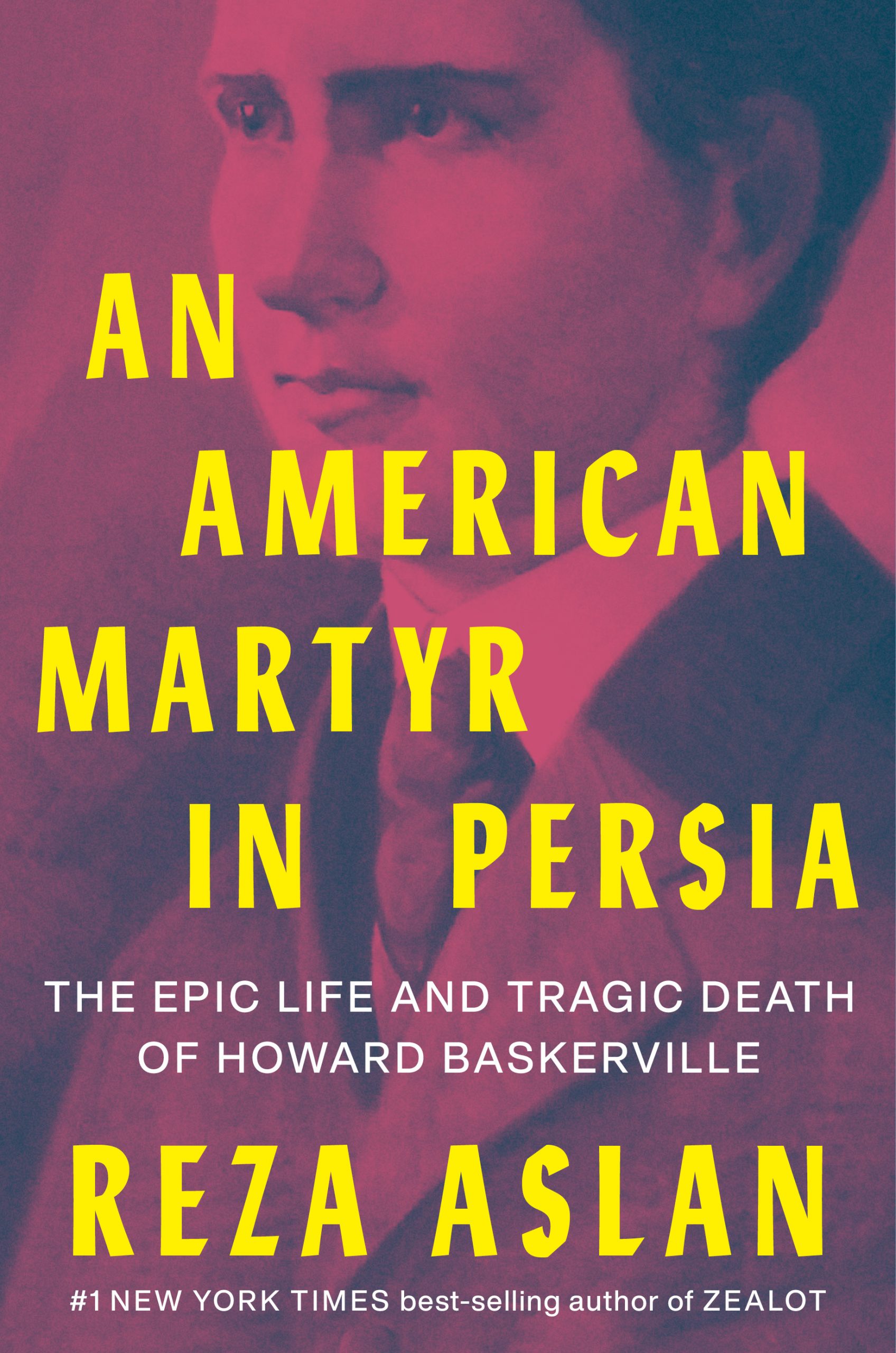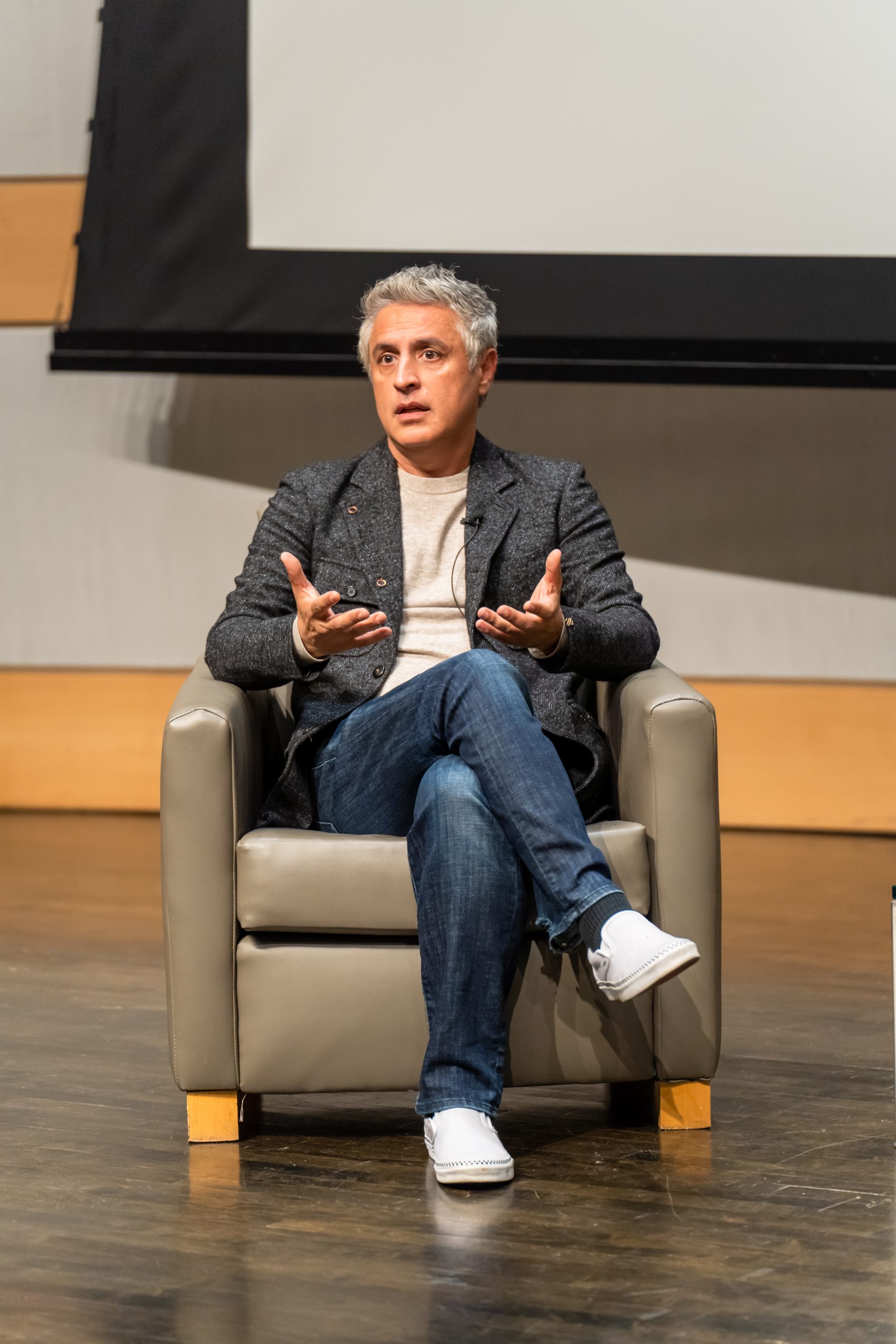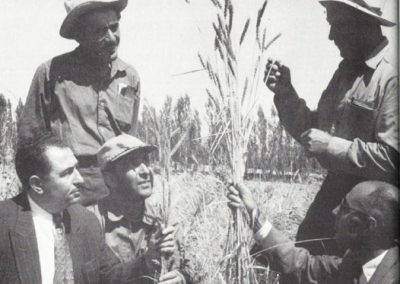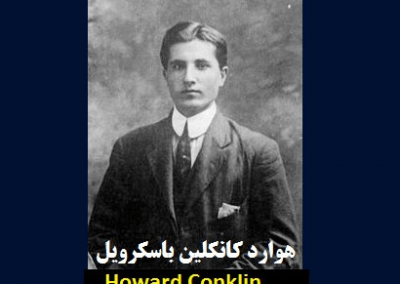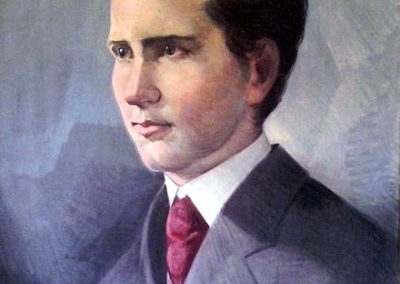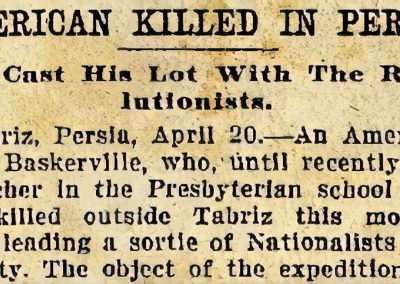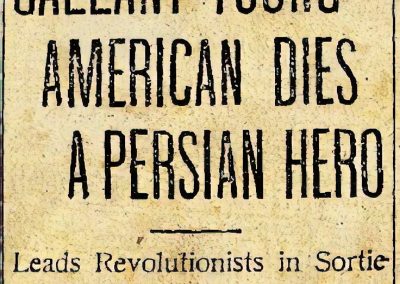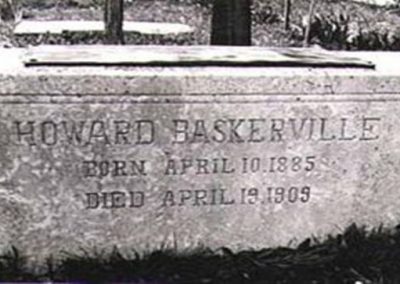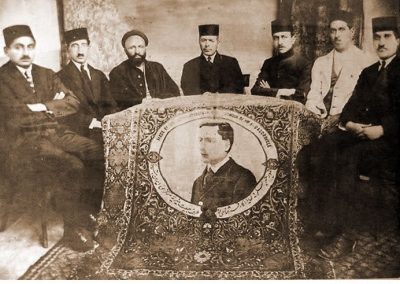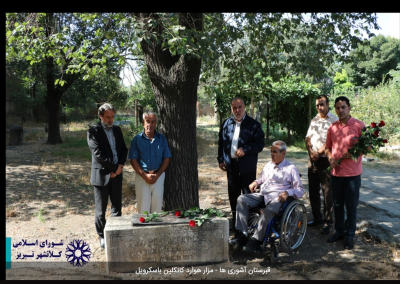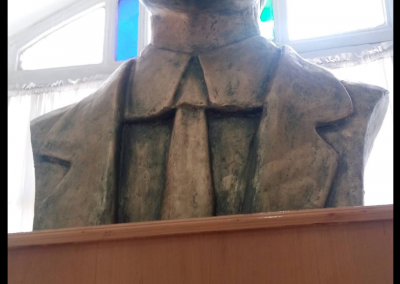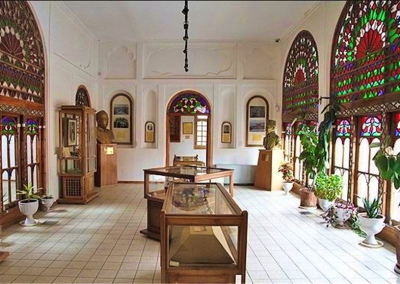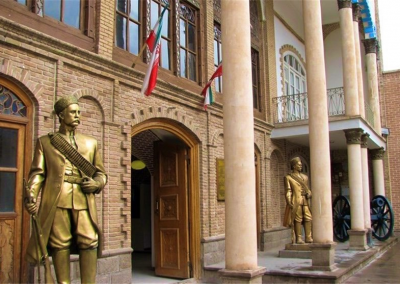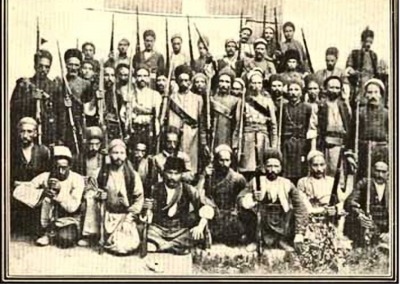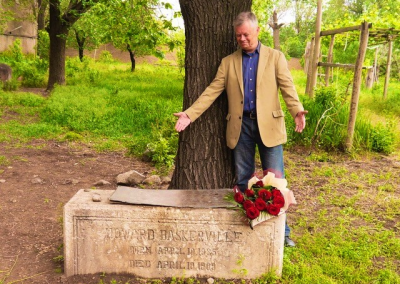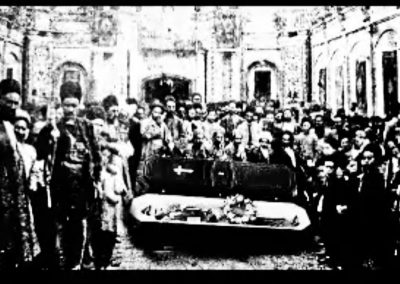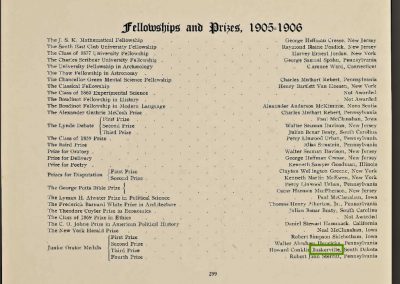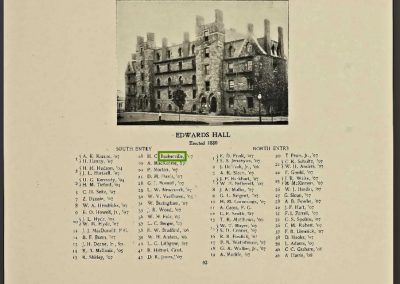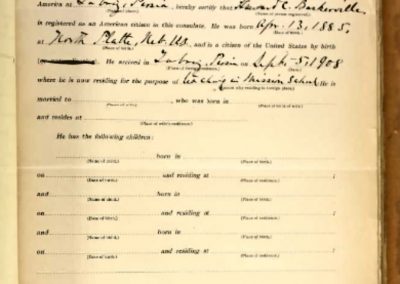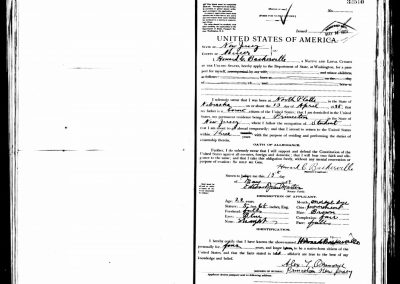Howard Conklin Baskerville
10 April 1885-19 April 1909
Howard C Baskerville – Martyr of Constitutionalism
The Constitutional Revolution in Iran (1905-1911) is one of the most prominent events in the history of Iran and Asia and had a great impact on the emergence of movements in other Asian countries. Many freedom fighters from other countries were encouraged by the development and came to Iran to fight alongside the Iranians for their Constitutional movement (1905-1910). When despotic forces (Istebdad) with the support of Tsarist Russia, were pressuring the constitutionalist forces, famous foreigners held rallies in support of the Iranian freedom fighters. For example, Zia al-Din, son of Mahmud Pasha, organized and chaired meetings with allies in Istanbul supporting the efforts of the Iranian freedom fighters. [Read more below or click the link below to view the full PDF]
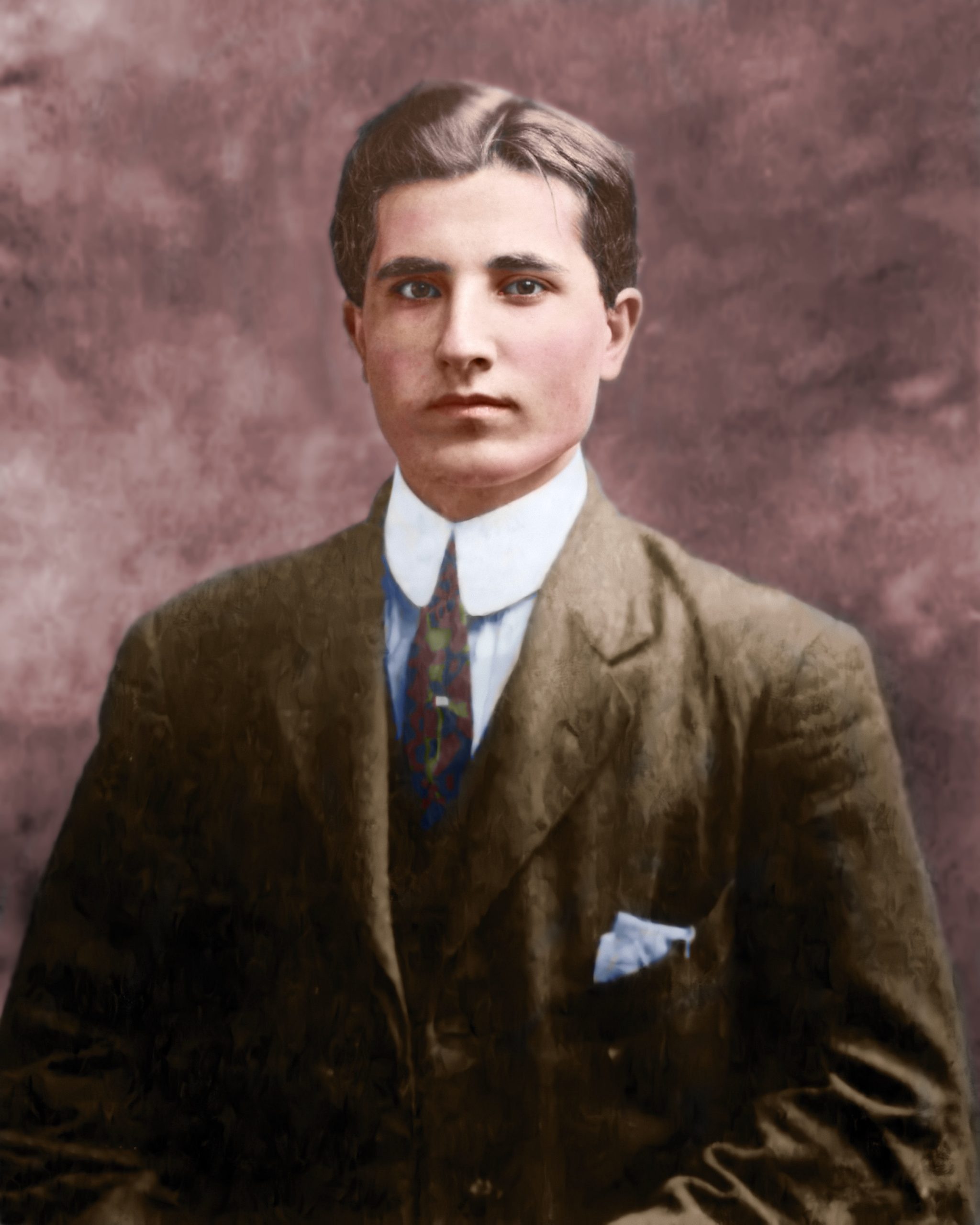
Howard C. Baskerville:
A Symbol of Courage in Iran
Baskerville Institute is named after an American Presbyterian missionary Howard C. Baskerville (1885-1909).
As tensions continue to escalate between the United States and Iran, it’s more important than ever for Americans to understand the story of Howard Baskerville. While most people have never heard of Baskerville, his life and legacy hold powerful lessons that could help bridge the gap between these two nations.
Baskerville’s story is one of sacrifice and idealism, a narrative that inspires generations of Iranians to pursue freedom, justice, and equality. When he arrived in Iran in 1907 as a teacher, he was not just another foreigner, but someone who understood the local culture, language, and customs. He had a passion for education and a love for Iran that motivated him to help the people there.
When the Constitutional Revolution broke out in 1906, Baskerville felt a moral obligation to join the fight for democracy and human rights. He saw the injustice, corruption, and oppression of the Qajar dynasty, and he felt compelled to act. He wrote in a letter to his friend:
“I want to fight for the rights of humanity, the rights of man, the rights of Iran. It may cost me my life, but it will be a glorious death.”
Baskerville fought bravely and valiantly on the front lines, risking his life to defend the Iranian people against the monarchist forces. He was wounded twice and died at the age of 24, but his legacy lives on.
By recognizing the significance of Baskerville’s story in Iran, Americans can help to reduce tensions and increase understanding between our two nations. When we acknowledge the bravery and sacrifice of individuals on both sides of this conflict, we begin to see each other as people rather than as enemies. By telling the story of Howard Baskerville and his role in Iran’s revolution, we can start to build bridges of empathy and compassion across national borders. For more on Howard Baskerville, read An American Martyr in Persia: The Epic Life and Tragic Death of Howard Baskerville, by Reza Aslan W.W. Norton, 2022.
Friendship Gallery
Compiled by our researchers, this digital library of photos and documents provide a snapshot of goodwill ambassadors who nurtured the seeds of friendship, respect, tolerance, and dignity. Baskerville’s death inspired the celebrated poet and scholar Malek ol-Shoar’a Bahar and Aref Ghazvini.
Oh, thou, the revered defender of the freedom of men,
Brave leader and supporter of justice and equity,
Thou has given thy life for the felicity of Iran,
O, may thy name be eternal, may thy soul be blessed!

